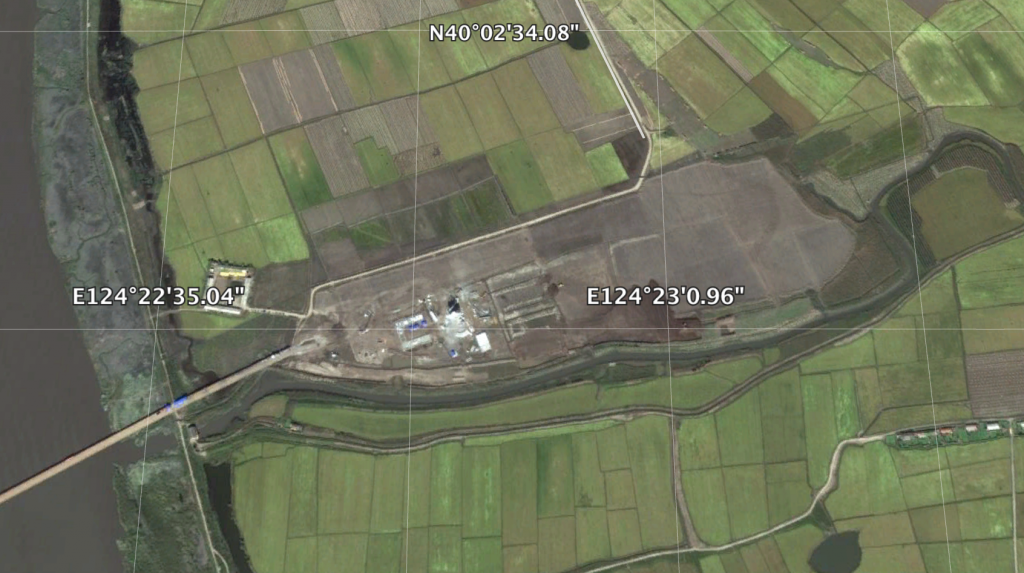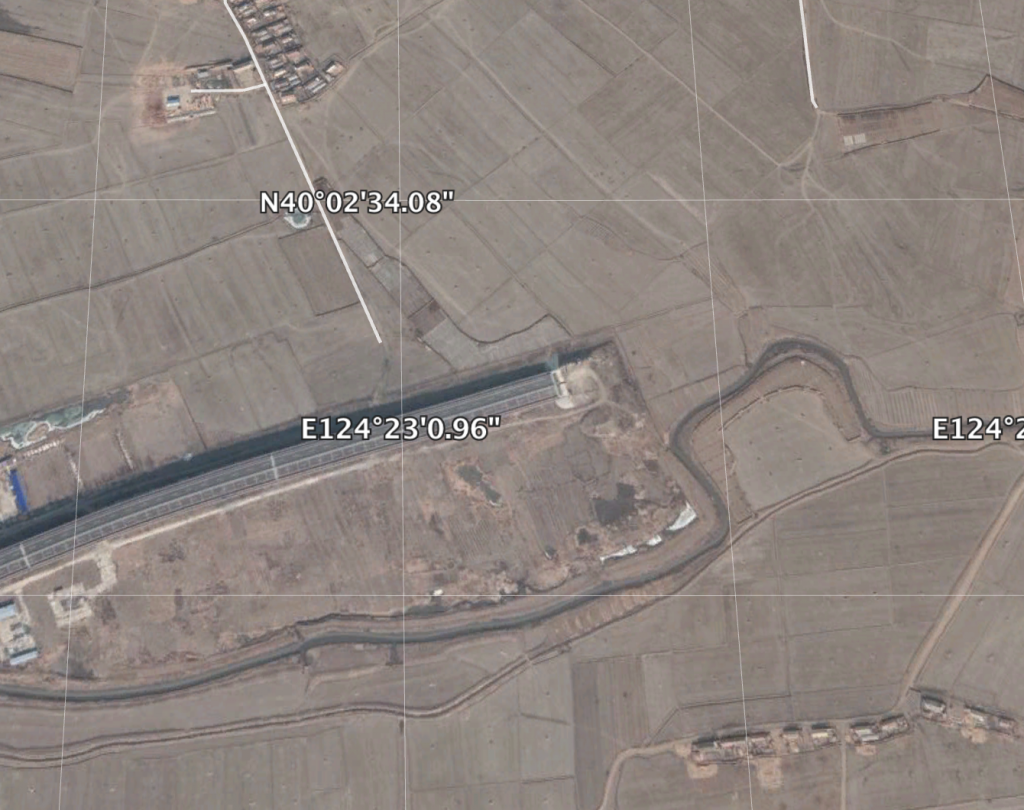By Benjamin Katzeff Silberstein
This is quite interesting, and hardly surprising. Overall, I’ve seen very little to suggest that China regards the current sanctions pressure as anything but a temporary measure. That would fit the historical pattern well. (For more on this, feel free to check out my chapter on Trump’s “maximum pressure” strategy and its impacts on the North Korean economy.) This time is very different because of the longevity and extent of the Chinese sanctions pressure, but in nature, I don’t believe China’s medium- to long-term strategy on North Korea and sanctions has changed. Talk of China “abandoning” North Korea, which used to be rife when Chinese trade data on North Korea pointed in a downward direction, has often been and remains much overblown.
The news is that Xi Jinping, during his June visit to North Korea, supposedly promised that China would fund facilities on the North Korean side of the new-ish border bridge between southwestern Dandong, as well as fund work on the Hwanggumpyong SEZ. Asahi Shimbun:
China has promised to foot the bill for the construction of related facilities for an already-completed bridge across the border between China and North Korea, sources said.
Chinese President Xi Jinping made the pledge when he visited North Korea in June, they said.
During the visit, Xi also promised that China will promote construction of an economic development zone on North Korea’s Hwanggumpyong Island in the Yalu River, which forms a natural border between the two countries, the sources added.
Construction of the bridge and the economic development zone were agreed on when former North Korean leader Kim Jong Il was still alive. But the projects were effectively frozen after his son and successor Kim Jong Un became the country’s leader.
Xi’s willingness to pay the costs of building an access road to the bridge on the North Korean side of the border, as well as customs-related facilities, suggest that economic relations between the two neighbors are moving to a firmer footing.
According to sources knowledgeable about trade between the two countries and those with links to North Korean authorities, Xi’s promises were conveyed to high-ranking North Korean government officials during meetings to report on the outcome of a summit meeting between the two countries.
Xi’s largesse was also shared in the North Korean military as it will be involved in the construction of bridge-related facilities as well as the economic development zone.
The New Yalu River Bridge connects Dandong in China with Sinuiju in North Korea. Although the bridge has been completed, it is not yet open to traffic.
China will provide about 2.5 billion yuan (39 billion yen, or $360 million) for the construction costs. Chinese engineers have been conducting field surveys since late June.
Since around that time, the upper parts of the bridge have been lit up at night.
In mid-July, cars carrying Chinese government officials traveled to a border gate in the middle of the bridge.
Construction of the bridge started in 2011 when Kim Jong Il was in power. China spent about 1.8 billion yuan in construction costs. The bridge was completed in 2014 under Kim Jong Un’s regime.
Source:
China to fund costs so bridge to North Korea can open to traffic
YOSHIKAZU HIRAI
Asahi Shimbun
2019-07-29
On the North Korean side, the bridge has been lacking a connection to the broader road network (or to anywhere, really) since construction began in 2011, as these pictures show:
Overall, this emphasizes the reality that China really is the only country that North Korea has close, substantive and sustainable trade links with. It was truly unlikely that Xi’s visit to North Korea would occur without any promises for economic benefits or the like. Kim Jong-un’s visits to China have rendered similar benefits, though perhaps not of the same economic magnitude.


